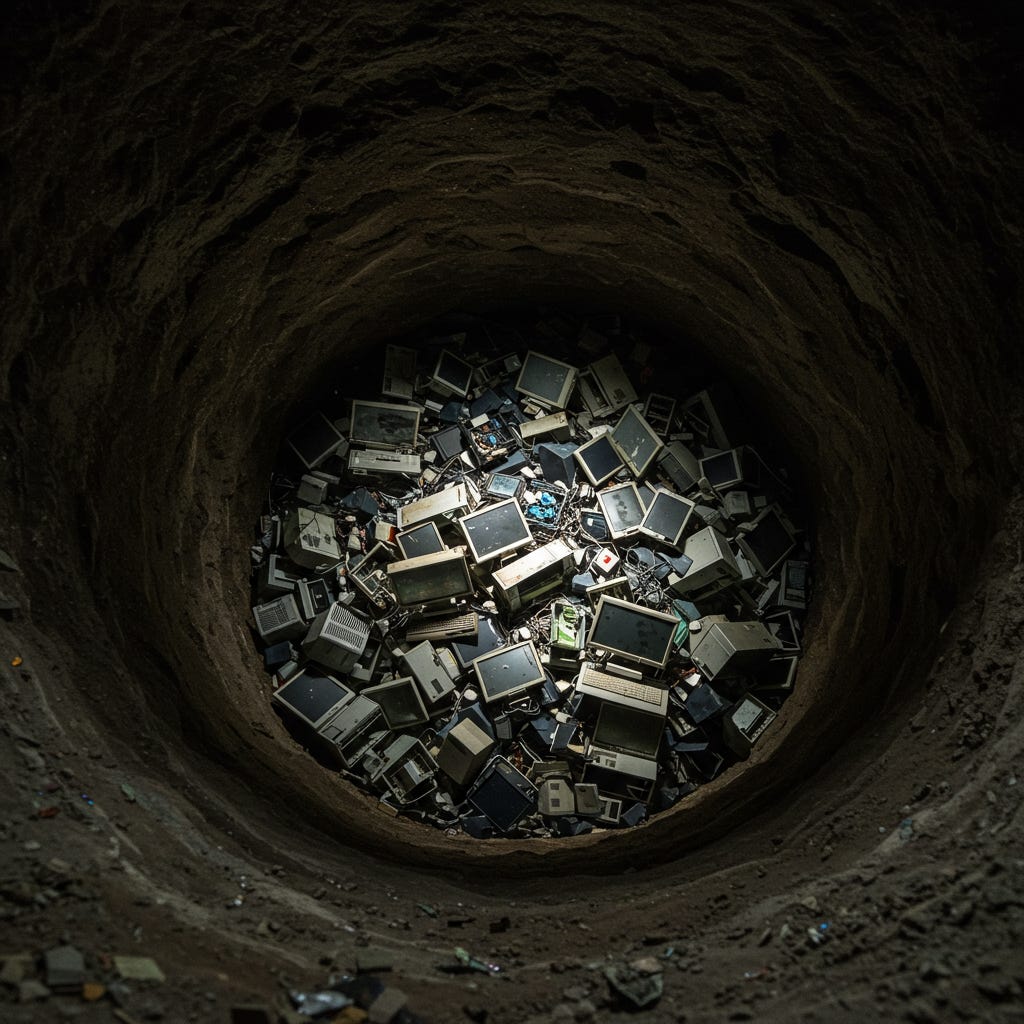As technology use has become increasingly ubiquitous, I’ve started to feel like there’s no way to be truly productive without being online. Sure, I still do plenty of things offline — I read books, I journal, I toss a frisbee with friends — but when it comes to what we typically label as “productive” work, like school assignments or job hunting, I almost always find myself on my computer.
And in many ways, that makes sense. Having everything in one place can be a huge time-saver. Instead of rifling through papers or hunting down a misplaced folder, I can search for what I need in seconds. Organizing digital files is usually just a matter of a few clicks. It’s logical, efficient, streamlined — or at least, that’s the ideal.
But here’s the thing: for many of us, that ideal doesn’t match reality.
We live in a world that prizes efficiency, often to a fault. The best tool is supposed to be the one that helps us get the most done in the least amount of time. But sometimes, in the name of efficiency, we end up creating more complexity than we eliminate.
Take automated customer service calls, for example. They’re designed to save time — to direct calls more quickly and reduce the need for human operators. But most of us know the frustration of yelling “representative” into the phone while a robotic voice offers unhelpful options. What was meant to be a streamlined experience becomes an arduous, annoying one.
This same paradox shows up in the way we approach productivity tools. We download apps meant to help us stay organized — to-do list managers, note-taking apps, calendar integrations, habit trackers, browser extensions — and before we know it, we’ve got productivity systems to manage our productivity tools. There’s a kind of digital clutter that builds up, just as real and distracting as a messy desk. You forget about one app, try another, then scribble a new to-do list in your Notes app or on the back of a receipt. Then an ad pops up promising the ultimate solution, and you think maybe this will work.
But in reality, the last thing you need is a new app or a new way of organizing things. What's missing from your productivity practice is another pair of eyes. It might sound strange, because productivity is usually portrayed as personal. It’s about figuring out what you need, what works for you. But just as it’s easier to clean your room when a friend comes over to help or study when someone else is working quietly nearby, our capacity to be productive can expand when someone else is involved.
Even just explaining your system to someone else can help clarify what’s actually working — and what’s just noise.
Productivity doesn’t have to be a solo mission. In fact, maybe it’s not supposed to be. We're social creatures. We make better decisions, stay more accountable, and often feel more fulfilled when we work together, even if it’s just sharing space or trading ideas.
The digital world gives us incredible tools — but like all tools, they work best when wielded with intention, and sometimes, with support.



